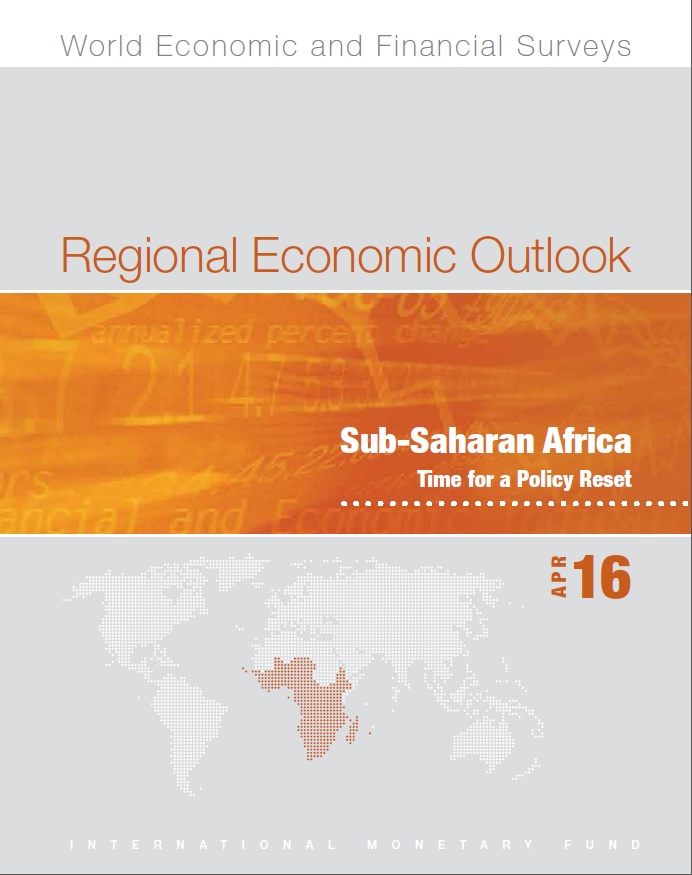Development Finance International
23 October - CEMLA Remittances Programme
 Information on CEMLA's Remittances Programme may be found here. In addition to technical background documents, the site makes available country reports that cover issues such as economic context; institutional and legal framework; characteristics of recipients and providers; means and channels of payment; costs, disclosure, transparency and consumer protection information; and compilation methodology. These are presently available for Barbados, Bolivia, Columbia, the Dominican Republic, Ecuador, El Salvador, and Honduras.
Information on CEMLA's Remittances Programme may be found here. In addition to technical background documents, the site makes available country reports that cover issues such as economic context; institutional and legal framework; characteristics of recipients and providers; means and channels of payment; costs, disclosure, transparency and consumer protection information; and compilation methodology. These are presently available for Barbados, Bolivia, Columbia, the Dominican Republic, Ecuador, El Salvador, and Honduras.
23 October - African Stock Market Gains Reflect Growing Optimism (AfDB)
 AfDB finds that second quarter stock market gains in Ghana (18%), Kenya (14%), Uganda (14%), Nigeria (9%), Côte d'Ivoire (9%), Morocco (8%), and Tunisia (5%) reflect growing optimism about international recovery in the financial markets, in spite of small losses in Mauritius, Egypt, and South Africa.
AfDB finds that second quarter stock market gains in Ghana (18%), Kenya (14%), Uganda (14%), Nigeria (9%), Côte d'Ivoire (9%), Morocco (8%), and Tunisia (5%) reflect growing optimism about international recovery in the financial markets, in spite of small losses in Mauritius, Egypt, and South Africa.
22 October - International Capital Flows and Development (IMF)
This paper confirms neoclassical theory that LDCs tend to experience net capital inflows and more developed countries net capital outflows, when accounting for the degree of capital account openness, and various country characteristics. Findings are driven by FDI, portfolio equity, and to some extent by loans to the private sector.
22 October - BCEAO Monetary and Financial Statistics Bulletin
 The June edition is now available online, covering annual data for 2007-9 and monthly data for February, March and April 2010. It includes data broken down by country on commercial bank assets and liabilities positions, deposit and lending rates, and reserves; private sector bond issues; and the operations of the regional stock exchange (BVRM) including the number and value of securities listed and traded, market capitalisation, and BVRM and Composite Indices. The Bulletin presents information in both French and English.
The June edition is now available online, covering annual data for 2007-9 and monthly data for February, March and April 2010. It includes data broken down by country on commercial bank assets and liabilities positions, deposit and lending rates, and reserves; private sector bond issues; and the operations of the regional stock exchange (BVRM) including the number and value of securities listed and traded, market capitalisation, and BVRM and Composite Indices. The Bulletin presents information in both French and English.
21 October - Regional Economic Outlook - LAC (IMF)
 This edition argues that strengthening business climate in South America remains critical, finds remittances to Central America have picked up and FDI has remained resilient, and tourism in the Caribbean is experiencing a slow and variable recovery. The region's financial systems were generally resilient to the crisis (thanks to improved oversight and regulation over the past decade), although avoiding crises and high credit pro-cyclicality remain challenges. It identifies a broad consensus that regulation and supervision must move beyond individual financial institutions to address systemic risks, interconnectedness, and excessive pro-cyclicality.
This edition argues that strengthening business climate in South America remains critical, finds remittances to Central America have picked up and FDI has remained resilient, and tourism in the Caribbean is experiencing a slow and variable recovery. The region's financial systems were generally resilient to the crisis (thanks to improved oversight and regulation over the past decade), although avoiding crises and high credit pro-cyclicality remain challenges. It identifies a broad consensus that regulation and supervision must move beyond individual financial institutions to address systemic risks, interconnectedness, and excessive pro-cyclicality.








